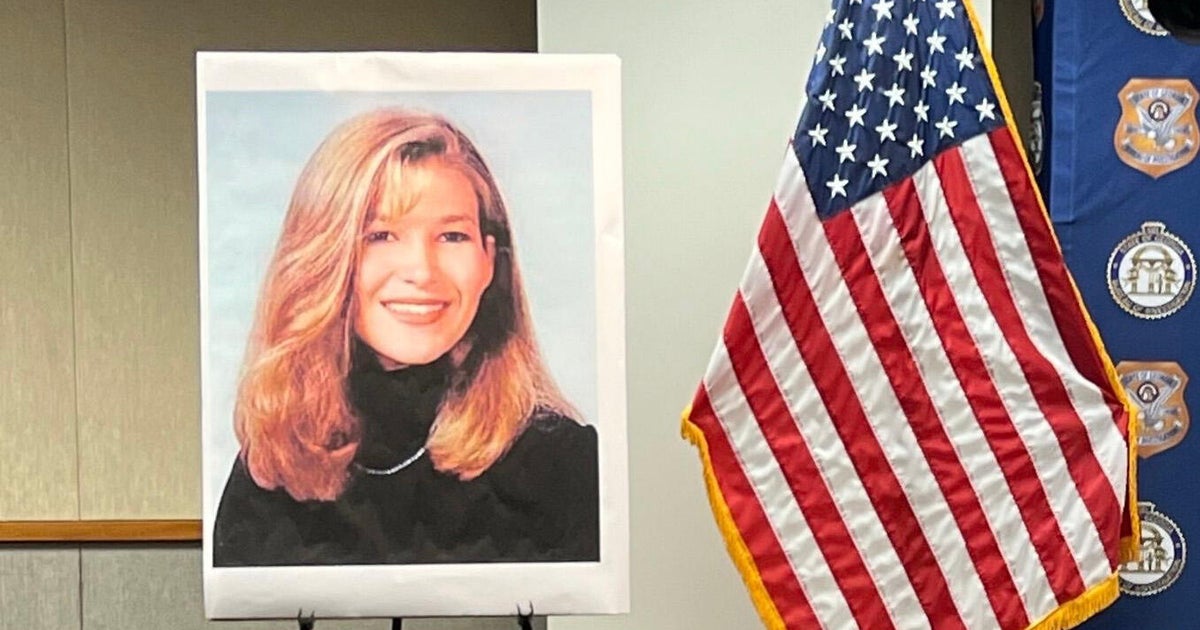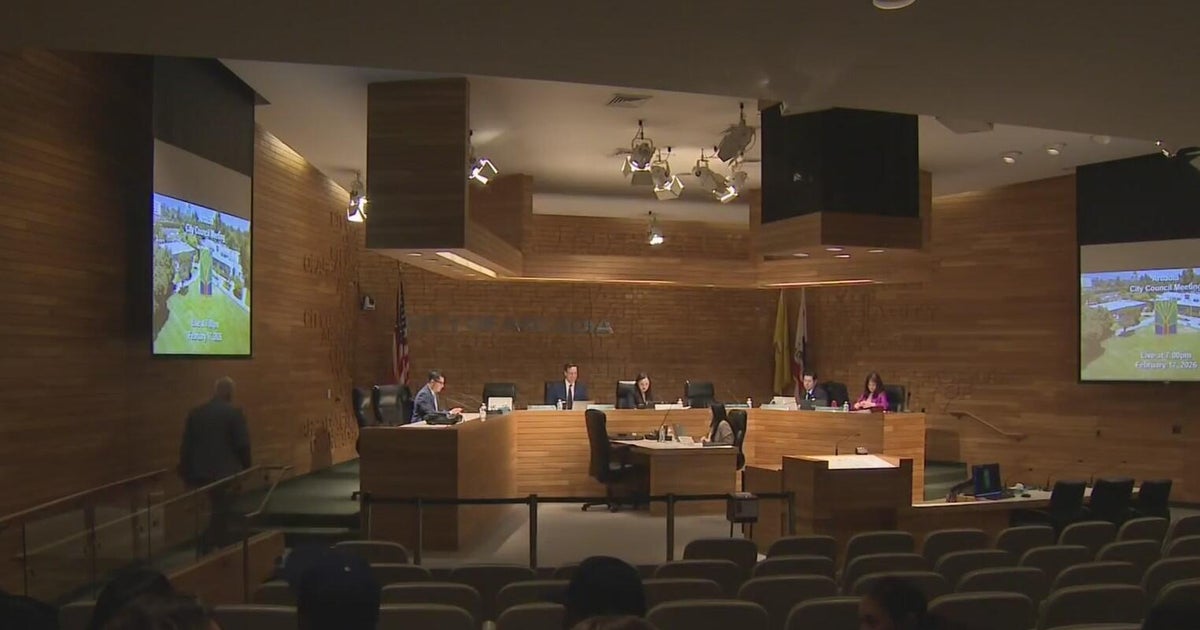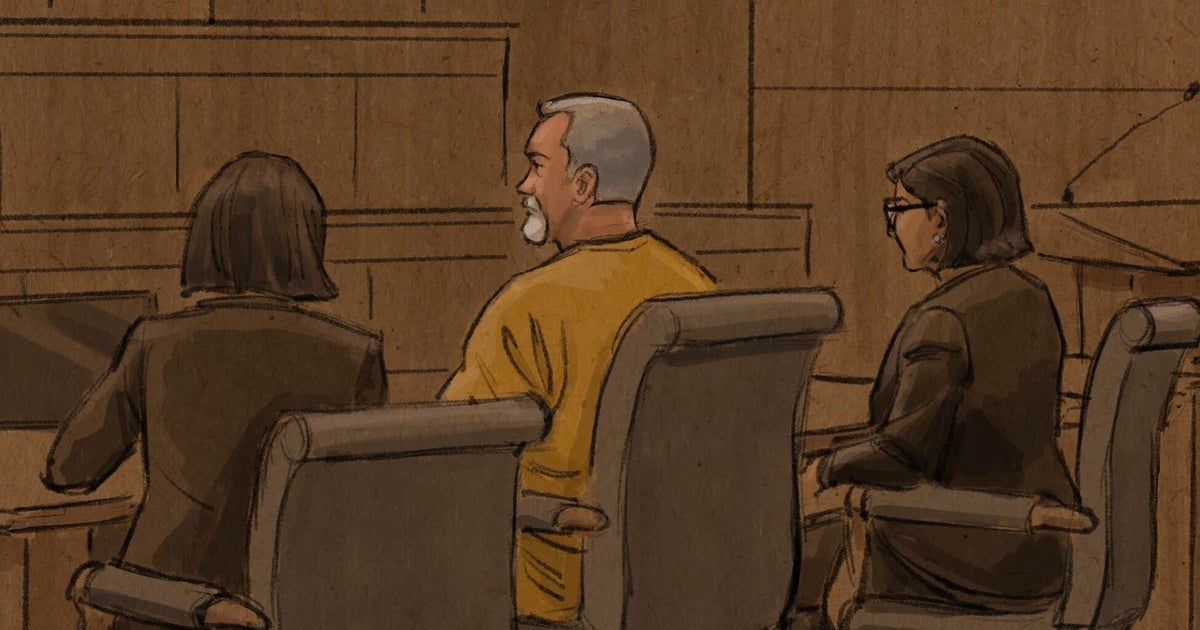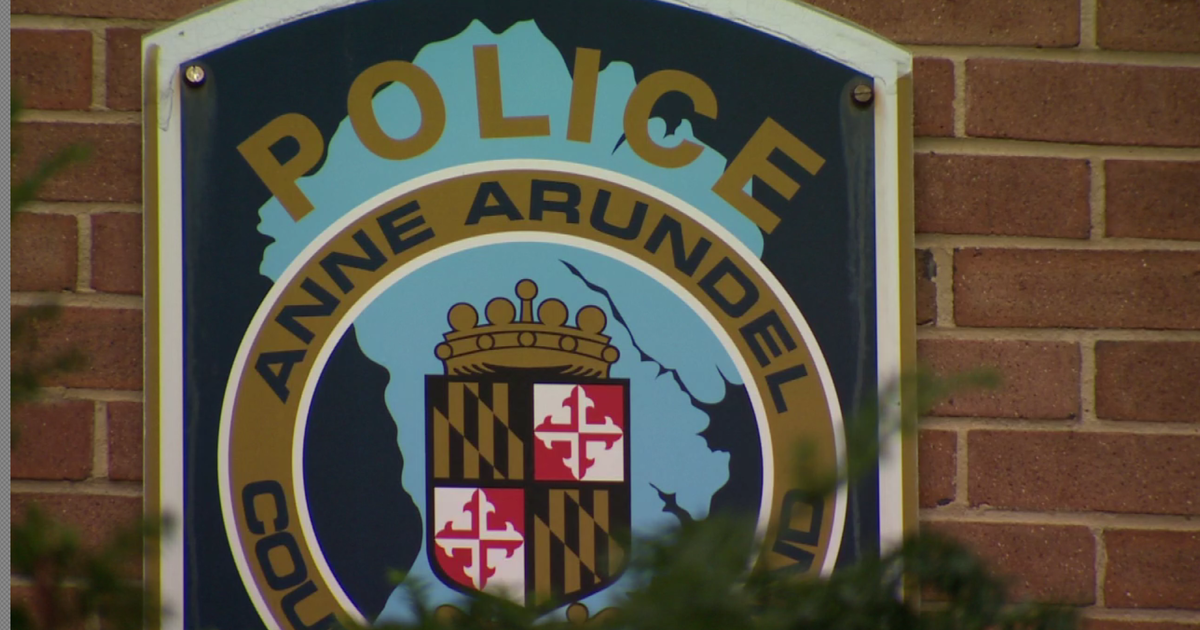Kevin Spacey Nantucket Case: What's Next?
BOSTON (CBS) -- Now that actor Kevin Spacey has pleaded not guilty to one felony count of indecent assault and battery in an incident in Nantucket in 2016, what's next in the high-profile case?
Attorney and WBZ-TV chief investigative reporter Cheryl Fiandaca has a look.
Q: Spacey is just one of many high-profile men who have been accused of something like this, but he is one of the only ones who has been charged. Why is that?
A: "In this particular case it's because the statute of limitations didn't run. So this case is only a couple of years old. Some of those other cases, they are much, much older. There's a push underway in some states to change that, to extend the time so that people who feel like they've been assaulted and the time may have run [are] able to come forward much later. We're seeing a lot of that."
Q: What are the next steps in the case?
A: "In any case like this, the next step is what's called 'discovery.' So the prosecutor will turn over to the defense all of the information, all of the evidence it has. The defense will then begin its own investigation, starting interviewing its own witnesses, start looking for its own evidence in this case. That takes several months, usually."
Q: Were you surprised when the judge seemed to question that prosecutors didn't want any restrictions put on Kevin Spacey's travel? That all they wanted was for him to stay away from the victim and his family?
A: "I'm not surprised. Basically, in situations like this, the only thing that the judge is concerned about is if you're going to show up again to face these charges. He's going to show up again. That's the reality of it. He came forward today. He came forward to the face the charges. He pleaded not guilty. He's got a high-profile lawyer. Obviously, in cases like this, where if they think there's risk of flight, they'll take their passport, they'll put travel restrictions, they can put those GPS bracelets on defendants and they do that quite frequently. In this case, released on personal recognizance, that's not unusual at all."
Q: We heard some testimony from a state trooper talking about how during this alleged incident, the victim told police that Spacey put his hand down his pants for several minutes. The defense questioned why the victim would wait three minutes to move. Is this where this is going to go, a back and forth trying to discredit the victim?
A: "It's all about credibility in all cases of he said, she said...Maybe [the defense] will argue that this was consensual, he's not a child, he's an adult, and he didn't tell him to stop and he didn't move his hand away if, in fact, that is how the evidence plays out. And that will be part of it. And a jury will hear that and they will think 'okay, he's 18-years-old.' They'll look at their own experience and say 'in a normal situation, what would you do?' But you have to also take into consideration what the prosecution is going to say: he's starstruck, he's 18-years-old, he's been given a lot of drinks that colors how he decides to act in that situation. He seems to be maybe naive. All of that will play out...In a case where you have a victim, it's always a question of their credibility."
Q: Spacey arrived on Nantucket by plane, was shuttled to court in an SUV, and then left the same way. Was this star treatment?
A: "Not necessarily star treatment. He's coming to an island and he has the right to come whenever he can come. I'm assuming he flew private and flew into the airport and as long as he shows up on time for court, there's really no issue with that. And leaving court, we see this all the time with defendants in normal cases that we cover that is not a celebrity, they are whisked in and out through whether it's family members or whether the police are involved or court officers. So that's not all that unusual."
Q: Some legal experts say this is never going to make it to trial. What's the thinking on that?
A: "When you have a case that is this old, when you have a case where you don't have any forensic evidence, there's no DNA or anything like that -- the video, depending on how compelling that video is -- generally these kinds of cases get pled down to something less than what he's charged with. I think that that would be a normal course of events."







